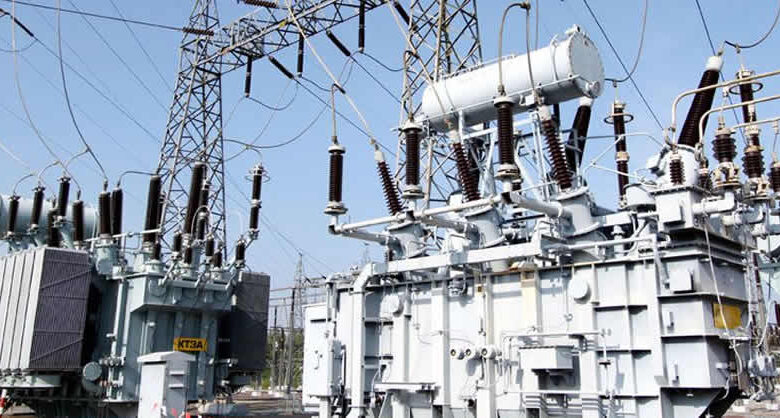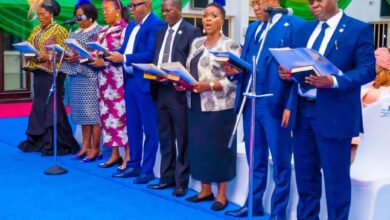Federal Government Cites Aging Infrastructure and Maintenance Gaps As Key Issues In Power Grid Failures

The Federal Government has disclosed that poor maintenance practices, outdated infrastructure, and other operational challenges are major factors contributing to frequent collapses of Nigeria’s national power grid. This announcement follows several recent incidents, including blackouts on October 14 and 19, 2024, and marks the 10th grid collapse in 2024 alone.
During a report presentation at the Ministry of Power headquarters, Nafisatu Asabe Ali, Chair of the investigative committee, highlighted findings on the causes of the latest collapses. She cited the breakdown of lightning arrestors in Jebba and Oshogbo transmission stations and the explosion of a current transformer (CT) at Jebba as key triggers for recent disruptions. She explained that high voltage levels, exceeding equipment capacity, degraded equipment insulation, leading to failures in the power infrastructure.
Aging equipment, Ali noted, is a significant factor affecting grid stability. For instance, Jebba’s equipment, commissioned in 1968, has seen years of service without major upgrades. Additionally, inadequate maintenance protocols and a shortage of functional shunt reactors in Jebba have led to consistent high voltage issues that further strain the equipment.
Alongside outdated equipment, Ali’s report identified vandalism, insufficient technical expertise, and an uncoordinated maintenance approach across power stations as other challenges weakening the system’s resilience.
In response, Power Minister Adebayo Adelabu announced plans to address these challenges, including a proposal for additional funding through the 2024 Supplementary Budget and the 2025 Appropriation Bill. Adelabu affirmed the government’s commitment to implementing wide-ranging reforms aimed at curbing grid disruptions. “This situation is not just unfortunate but unacceptable,” Adelabu said, expressing concern over the frequent power failures. He also plans to submit an amended report with detailed financial requirements for the necessary infrastructure upgrades.
The committee offered several recommendations to strengthen grid stability. These include auditing and testing existing equipment, enhancing maintenance protocols, installing harmonic filters, enforcing Free Governor Mode of Operation, and addressing optic fiber installations. The ministry believes that addressing these critical areas will help reduce grid collapses and build a more robust, reliable power system for Nigeria.



